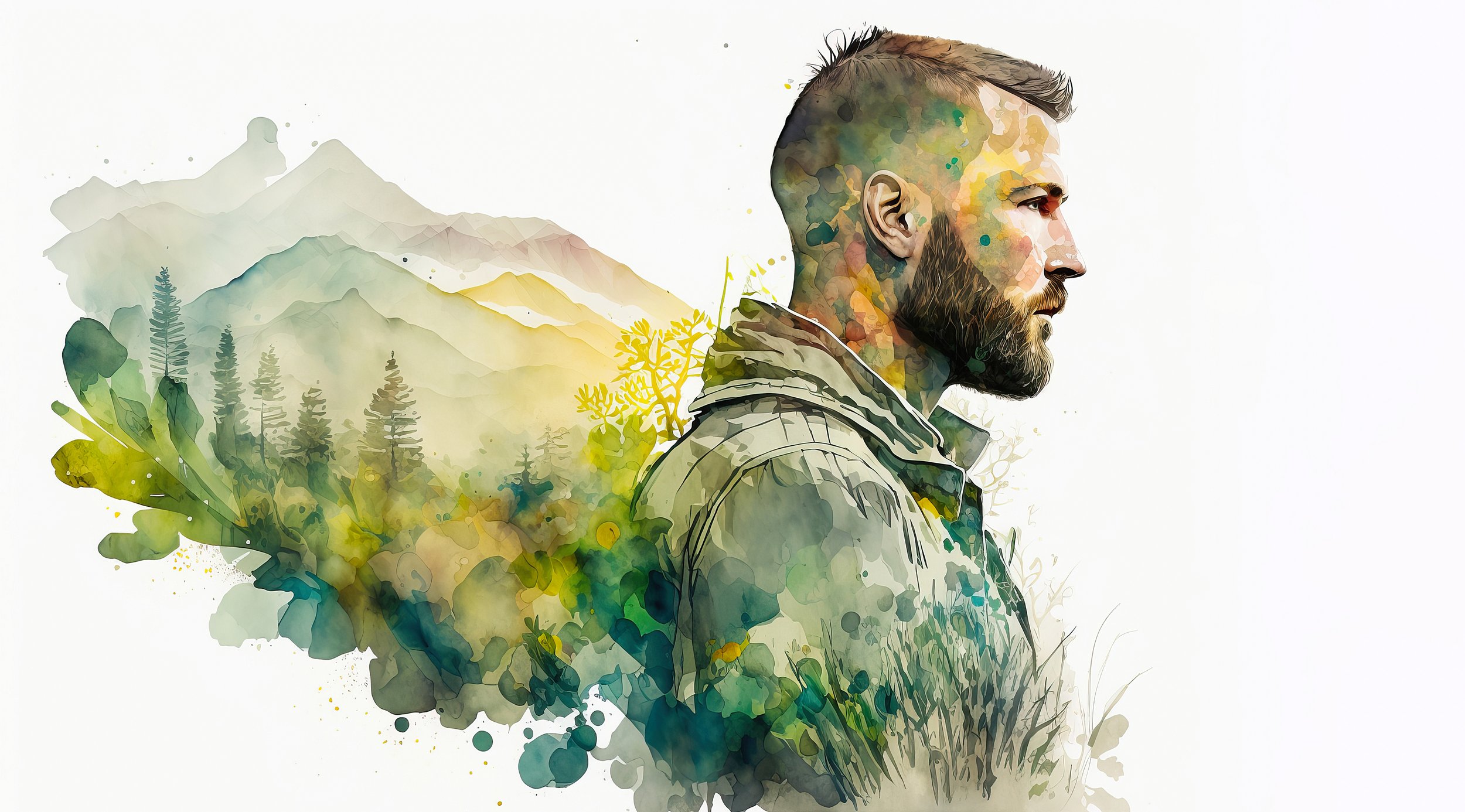THE INSPIRATION
Traumatised by war, this is the incredible story of how golf has given former soldiers a new purpose in life
Caddie School for Soldiers doesn’t just train veterans to read putts – it helps them deal with the physical and mental scars of conflict

David Scott wells up just talking about them. Men once broken by battle, scarred by the trauma of war, have been given something new.
The six soldiers who spend a month in Fife have seen a side of conflict you cannot replicate on a big screen.
Yes, there is courage and loyalty. A band of brothers. But there is also horror, brutality, and fear.
The shooting eventually stops but going through something so harrowing leaves something that’s far more difficult to silence.
“It’s not like the movies,” said Scott, the PGA Master Professional and General Manager at Dumbarnie Links. “It’s an awful lot worse. They come back and get medically discharged – with [conditions like] Post Traumatic Stress Disorder. They’re blown up and lose a leg or an arm.
“Many of them are at home. They take to drink and drugs and they’ve got no future. There is no light at the end of the tunnel.”
But where there is life, there is hope. In Caddie School for Soldiers, they are given a new mission and a second chance.
It all began following a chance meeting between Scott, the upcoming PGA Captain who serves as the charity’s president of the board, and the author and screenwriter Don Snyder.
The novelist had landed in St Andrews in 2008, shortly after his father died, to learn how to be a caddie.
“It’s not like the movies. It’s an awful lot worse. They come back and get medically discharged – with [conditions like] Post Traumatic Stress Disorder”
He was fulfilling a promise he’d made to his son Jack. If he was ever able to play professionally, he’d caddie for him.
At the Home of Golf, rocked by grief and the transition of a family coming of age, he was lost. He found purpose again in a bib and a bag.
“Every day I was out on a golf course, there was the restorative power of golf,” he said. “You are concentrating so hard on every shot your golfer makes that you get to leave your story behind and enter that person’s.
“It was healing for me. I gained belief in myself by earning the trust of the golfer I was out with.”
Snyder had been struck by the loyalty and camaraderie that bonded the men and women who toured the links of Kingsbarns and St Andrews.
So when he read the harrowing tales of soldiers coming back from combat, he wondered whether what he had experienced could help these veterans.
He approached Scott.
“His very first job was with me at Kingsbarns and we built up a little bit of a friendship over the next two or three months,” he said.
“Then I left to go to the Old Course Hotel and Kohler company. He got in touch about 2016 and said he was thinking about creating a Caddie School for Soldiers.
“Don asked if I could help and as I was closely connected with the Duke’s and the Old Course Hotel then and I said, ‘absolutely. Let’s try and figure this out’.
“He had a friend who was prepared to put up about $30,000 to have hm over along with six soldiers. 2019 was the first session we had.”
About Caddie School for Soldiers
A non-profit charity, Caddie School for Soldiers was established in the winter of 2019 at St Andrews.
Its aim is to help veterans work through their physical injuries as well as Post Traumatic Stress and is run in partnership with the Kohler family.
At several sessions a year, soldiers from the UK, America and Canada live together for a month and train to become caddies at the Duke’s Course.
Graduates have worked at the likes of The Old Course, Royal Liverpool, Royal Portrush and Dumbarnie Links.
But for many the school is also a healing experience that helps them process what they have been through.
You can find out more at caddieschoolforsoldiers.com
Scott asked for a favour from his old Kingsbarns caddie master, Davie Gilchrist, who came out of retirement to help. A house was hired in Elie and the soldiers trained at The Duke’s five days a week to get the tools needed to be a good caddie.
Then members from local clubs were brought in. The emerging caddies took their bags, handed out advice, and improved their skills each day.
It was cathartic.
“The healing was incredible,” said Scott. “You’ve got the six guys at night – all with various physical and mental challenges and they have got the opportunity to open their heart up to guys that have had similar experiences.
“One guy had an arm missing, another had many pins in his legs. There were two or three special forces on the first session, and they’ve done and seen the most horrible things.
“In year one, we had Scott Hale. He was a British sniper for many years. He was 50 pounds overweight – three stone in old money – and he was averaging three hours’ sleep a night.
“The only reason he got three hours was because he fell unconscious as he was drinking. He just couldn’t handle all the demons in his head. He was in a real bad way.
“Five years on, he’s doing 250 rounds a year as a caddie on the Old Course and sleeping six or seven hours a night. That’s the transformation the school can and does have on these soldiers coming through.”
“It was healing for me. I gained belief in myself by earning the trust of the golfer I was out with”
Caddie School for Soldiers now runs three to four sessions a year, with the Kohler company’s support helping to buy a house close to The Duke’s.
It costs around £40,000 a time to host the month-long getaway.
But though many have graduated to be full-time caddies – working all over the world – Scott insisted that whether the school produces professionals or not is unimportant.
“It’s more important they find themselves, that they have a reason for living and that they see the light and understand that other people have been in the same hellish position they’re in,” he said.
“They’ve got a chance to share, open their hearts - and some of them admit they don’t share their deepest thoughts with their counsellor or with their wives.
“But it is released because they build up trust, having these mentors and the other guys with them. They can become best friends.
“Some of them are in tears when they leave because they can’t believe it is so life changing.
“I well up thinking about it. I feel privileged to be working with them and know that they put their life on the line for us and what they give back to us is tremendous.”

Get golf business insights straight to your inbox
Sign up for the first look at the latest news, features, exclusive interviews and podcast episodes with our monthly newsletter



